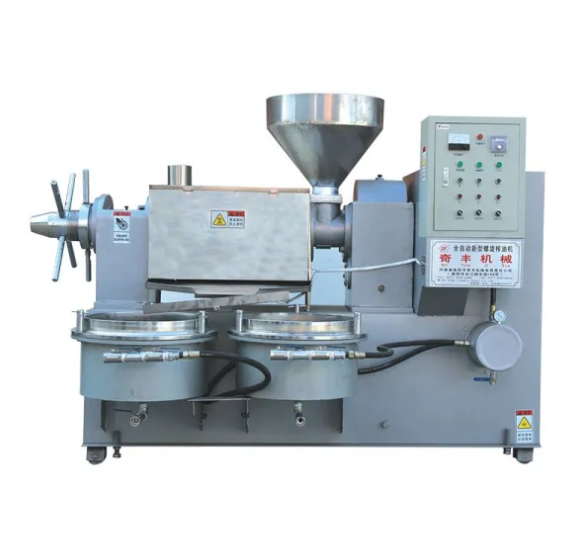How does a hot pressing machine work?
Hot pressing machines are powerful and versatile tools used in various industries for bonding, shaping, and molding materials through the application of heat and pressure. From manufacturing composite materials to producing decorative laminates, hot pressing machines play a vital role in the production process. In this article, we will delve into the intricate workings of hot pressing machines and explore how they achieve efficient and precise results.
Understanding the Basics:
Hot pressing machines consist of a sturdy frame, a heating system, a pressure system, and a control panel. The primary objective of these machines is to heat the material to a specific temperature while applying controlled pressure, allowing for the material to be transformed or bonded according to the desired shape or form. The materials commonly used in hot pressing include wood, plastics, metals, composites, and more.
Heating System:
At the core of a hot pressing machine is the heating system, responsible for raising the temperature to the desired level. The heating elements, often electric resistance heaters or heating plates, generate and distribute heat evenly across the pressing area. The temperature is carefully regulated using sensors and temperature controllers to ensure precise and consistent heating throughout the process.
Pressure System:
The pressure system in a hot pressing machine applies force to the material being processed. It typically consists of hydraulic cylinders, pneumatic systems, or mechanical mechanisms. The pressure is adjusted based on the requirements of the specific material and desired outcome. The ability to control the pressure ensures optimal bonding, shaping, or consolidation of the material being processed.
Loading and Unloading:
Hot pressing machines have mechanisms for loading and unloading the materials. These mechanisms can vary depending on the specific machine design and application. For instance, in a hydraulic hot press, materials are typically loaded onto a lower platen or bed, and then the upper platen moves downward to apply pressure and heat to the material. After the pressing cycle is complete, the material can be safely unloaded from the machine.
Control and Monitoring:
Hot pressing machines feature a control panel that allows operators to set and monitor various parameters such as temperature, pressure, and time. Advanced machines may offer programmable control systems, enabling precise and repeatable processes. The control panel also includes safety features and emergency stop functions to ensure operator safety during operation.
Cooling and Release:
After the pressing cycle is complete, the hot pressing machine initiates a cooling phase to reduce the temperature of the material. This phase is crucial for solidifying the bonds and allowing the material to retain its shape. Depending on the material and specific requirements, additional cooling mechanisms such as water cooling or air cooling may be employed. Once the material has cooled sufficiently, it can be safely released from the machine.
Applications and Advantages:
Hot pressing machines find application in a wide range of industries. They are used for manufacturing laminated boards, plywood, particleboards, and engineered wood products. Additionally, they play a vital role in producing composite materials, thermosetting plastics, ceramics, and various metal components. The advantages of hot pressing machines include precise temperature and pressure control, efficient material bonding, shortened processing times, and the ability to create complex shapes and structures.
Conclusion:
Hot pressing machines are instrumental in various industries where precise temperature and pressure application is essential for shaping, bonding, and molding materials. By combining controlled heating and pressure systems, these machines enable efficient and consistent processing, resulting in high-quality end products. Understanding the inner workings of hot pressing machines provides valuable insights into their capabilities and the role they play in modern manufacturing processes.




